
Earth Plunged Into Darkness For Six Minutes In Rare Event Not Seen In A Century
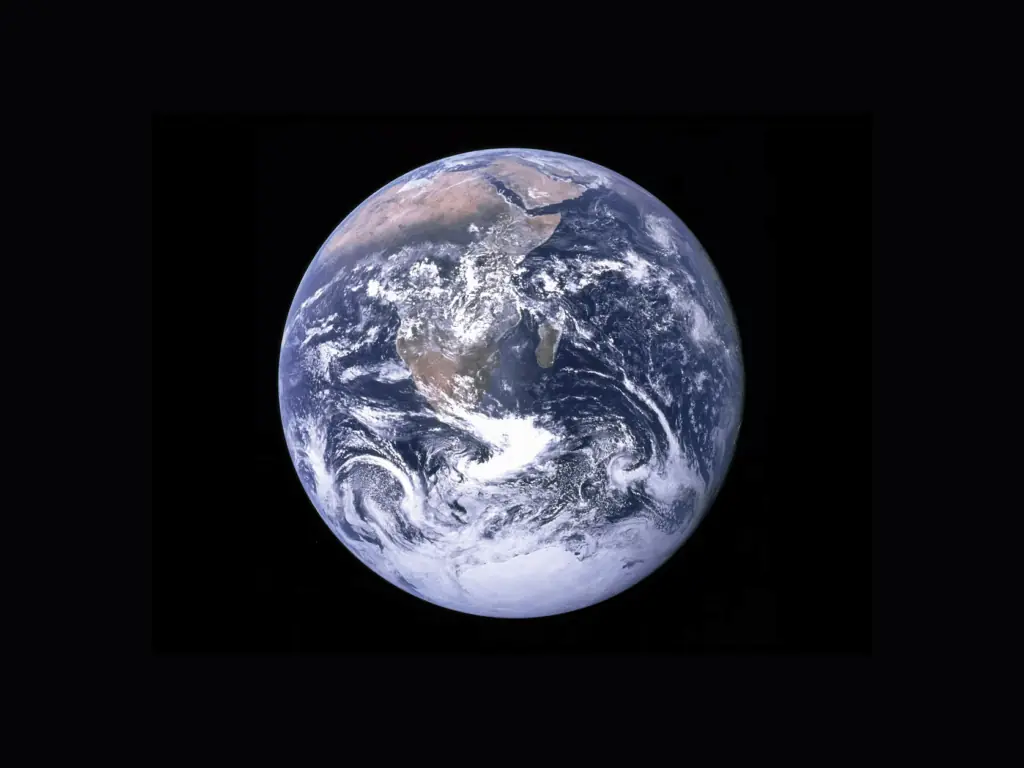
Mark your calendars for August 2, 2027—a once-in-a-lifetime celestial event is coming: a total solar eclipse that will darken the skies for over six minutes, making it the longest eclipse of its kind since 1991.
A total solar eclipse occurs when the moon completely blocks the sun, casting a shadow over parts of the Earth and briefly turning day into night. The darkest part of this shadow is known as the “totality”, and if you're in the right place at the right time, you’ll experience several minutes of complete darkness in the middle of the day.
According to astronomers, this 2027 eclipse will reach a totality duration of 6 minutes and 23 seconds, a rarity not expected to be matched again until 2114.
Where to Witness the Eclipse
Dubbed the “Great North African Eclipse”, the best spot to witness the full event will be in Luxor, Egypt—considered the prime location globally for viewing. Luxor will enjoy the longest period of totality, offering a front-row seat to this historic spectacle.
If you can’t make it to Egypt, the eclipse will still be visible in other parts of North Africa and Southern Europe, including countries like Gibraltar.
A Rare Treat for Millions
Tens of millions of people live along the eclipse's path and will have the opportunity to witness the event, provided the skies are clear. Even areas not in the path of totality will experience a partial solar eclipse, offering a dramatic, though less intense, celestial show.
Interestingly, while the best eclipse views typically occur over oceans (since most of Earth is water), this particular event is special for being one of the longest land-based total eclipses in nearly a century.
How It Compares to Other Eclipses
According to eclipse expert Jean Meeus, the maximum possible duration of a total solar eclipse is 7 minutes and 31 seconds, meaning the 2027 eclipse—only a minute short—is exceptionally long.
While other total solar eclipses are scheduled for 2026 and 2028, they won’t last nearly as long. If you miss this one, you'll have to wait until well into the next century to see another of similar magnitude.
News in the same category


Junk Cars, Green Future: How Automobiles Became the World’s Most Recycled Consumer Product

France’s Living Streetlights: A Glowing Experiment in Sustainable Urban Lighting

Italy’s Quiet Rubber Roads: A Sustainable Shift Toward Noise-Free, Eco-Friendly Infrastructure

Japan’s Harmony Trains: Blending Innovation and Compassion to Protect Wildlife
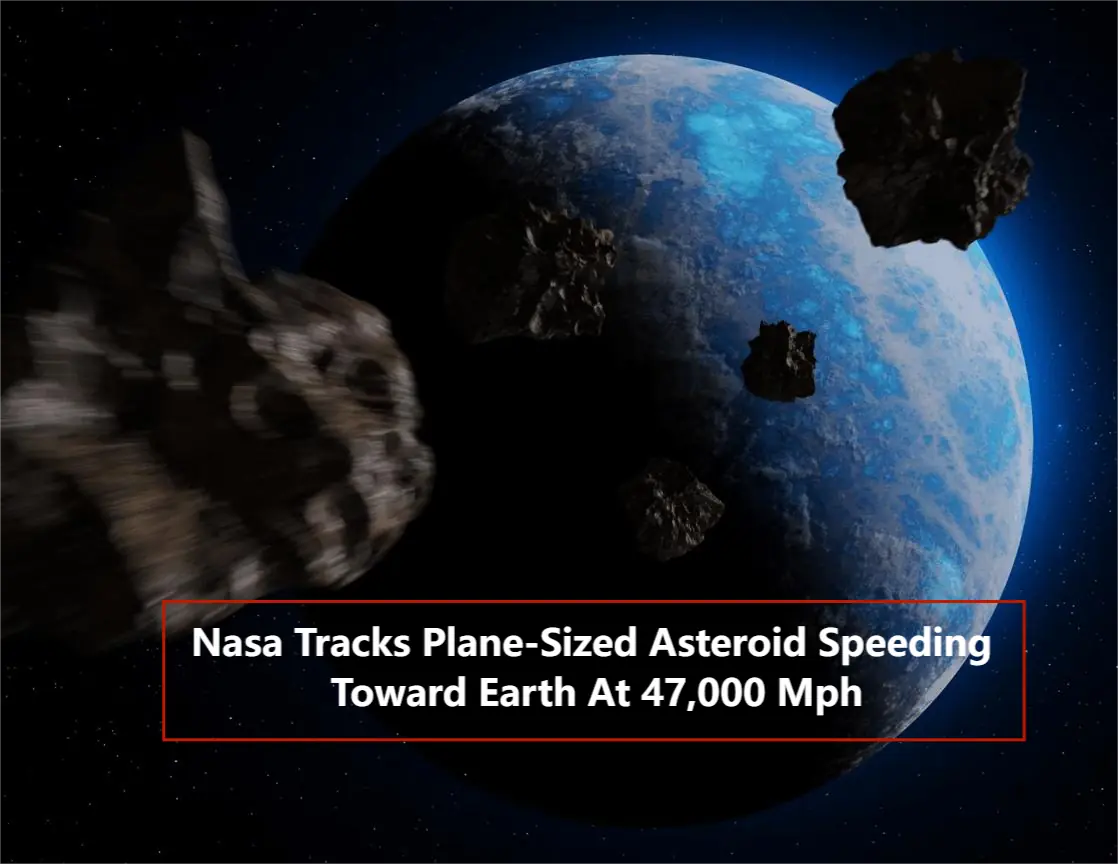
NASA Monitors Plane-Sized Asteroid Speeding Toward Earth at 47,000 MPH

4 Things You Should Never Say at a Funeral — No Matter What

Father of 9-year-old Melina Frattolin faces charges as new details surface in her death
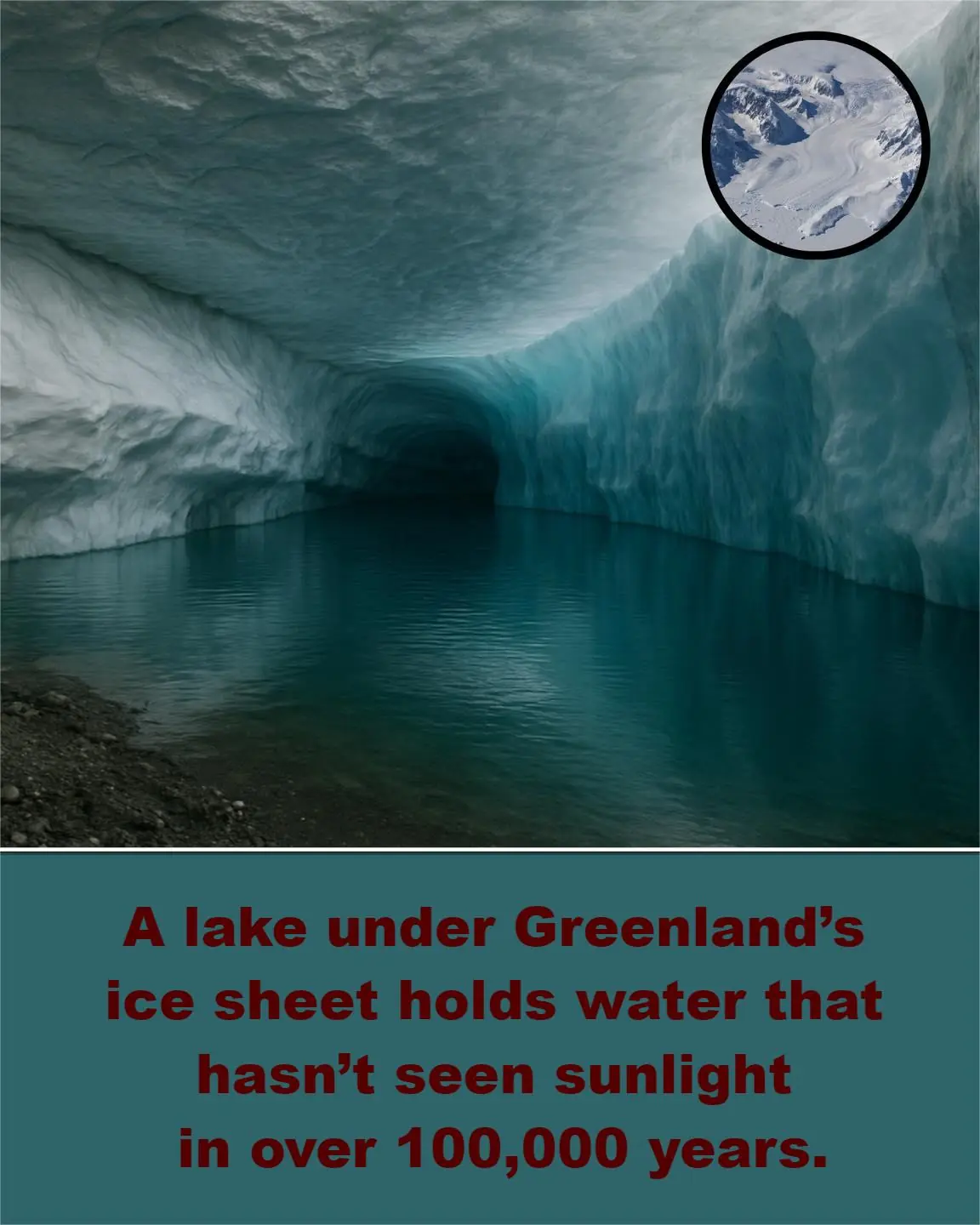
🔬 Hidden Lake Beneath Greenland Ice Could Unlock Secrets of Earth—and Beyond

🔬 Scientists Discover Pink Glacial Algae Turning Arctic Snow Red—and Accelerating Ice Melt

7-Eleven Employee Dies After Being Left Brain-Dead in Shocking Incident Involving Manager

Stomach Bug Sickens Over 140 People on Caribbean Cruise, Forcing Passengers and Crew to Isolate in Cabins
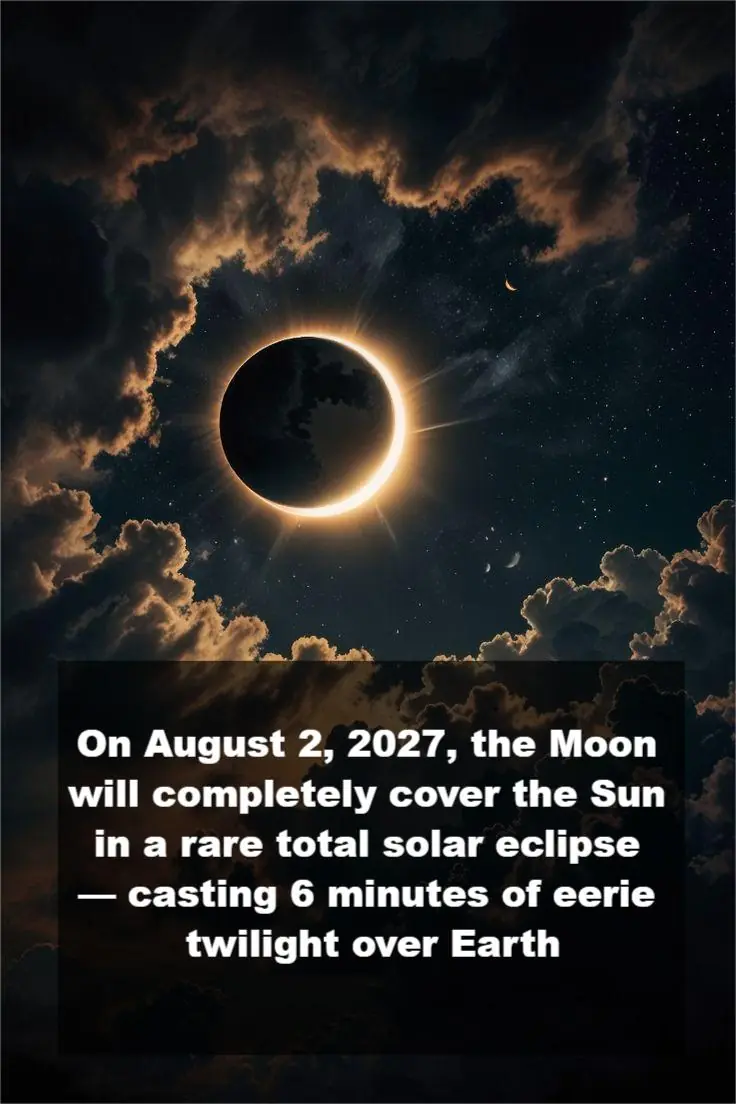
🌘 The Longest Total Solar Eclipse of the Century Is Coming — August 2, 2027
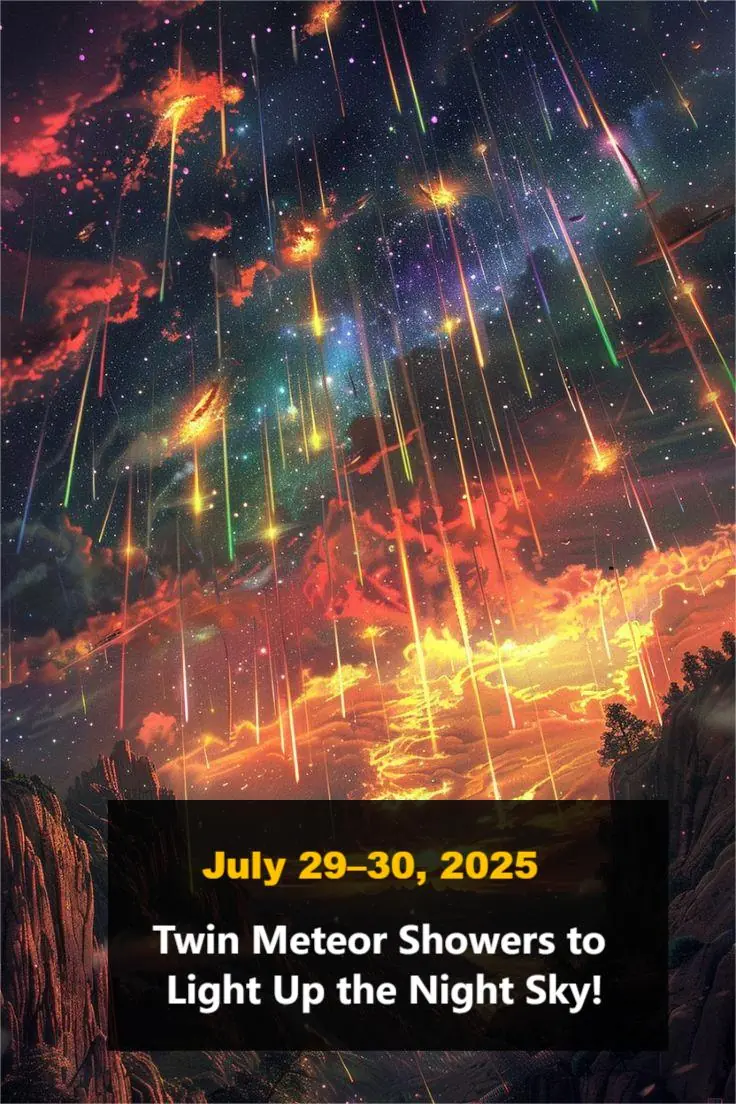
🌠 Twin Meteor Showers Set to Illuminate the Night Sky July 29–30, 2025 🌠

The insights your finger length offer about your personality
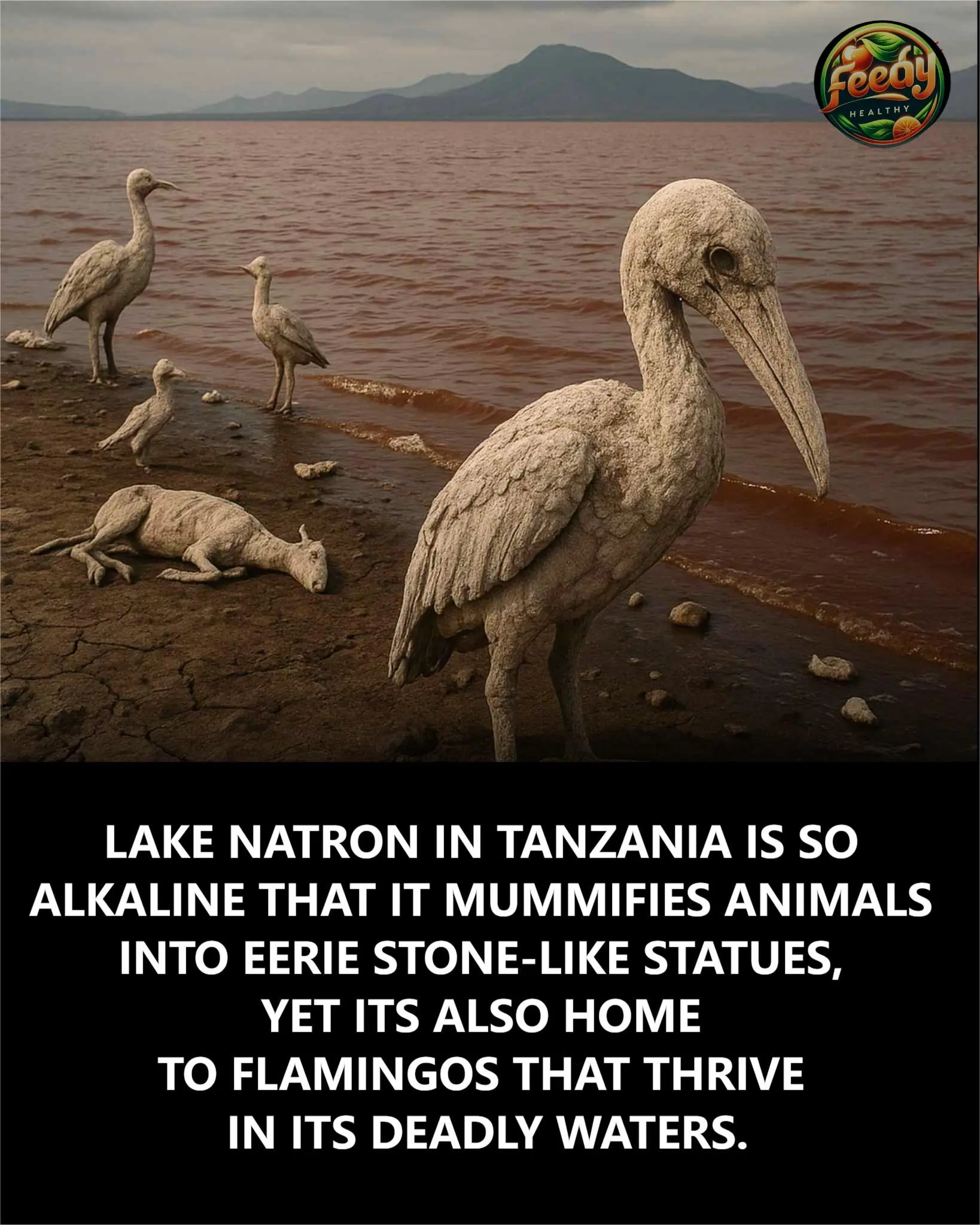
The Deadly Beauty of Lake Natron: Where Nature Turns to Stone—And Flamingos Call It Home

Milaf Cola: The World’s First Date-Based Soda Could Revolutionize the Soft Drink Industry

Farting Too Much at Night

Check Your Fridge—This Popular Yogurt Brand Was Just Recalled for Plastic Contamination
News Post

Pear and Pomegranate Spinach Salad with Maple-Lemon Mustard Dressing

Creamy Spinach Gnocchi (20-Minute, One-Pan Meal)

Lemon Chicken Orzo Soup

🐱 What Does It Mean When Your Cat Shows You a Mouse?

🍪 Cookies & Cream Swiss Roll Cake

🍪 No-Bake Biscuit Cheesecake Bars

🍓 Strawberry Drip Cake Recipe

🍫 Ultimate Chocolate Milkshake Recipe

Experts Are Shedding Light on the ‘Death Rattle’ Phenomenon Before Passing

Junk Cars, Green Future: How Automobiles Became the World’s Most Recycled Consumer Product

France’s Living Streetlights: A Glowing Experiment in Sustainable Urban Lighting

Italy’s Quiet Rubber Roads: A Sustainable Shift Toward Noise-Free, Eco-Friendly Infrastructure

Japan’s Harmony Trains: Blending Innovation and Compassion to Protect Wildlife

12 Warning Signs Your Blood Sugar Might Be Too Low

Why Do Some People Feel Sad After Eating White Bread?

Discover the Powers of Moringa: Traditional Recipes and Health Benefits

Benefits of Clove Tea: How to Transform Your Health One Cup at a Time

Benefits of Radishes, Ginger, and Honey for Thyroid and Gallbladder Health
